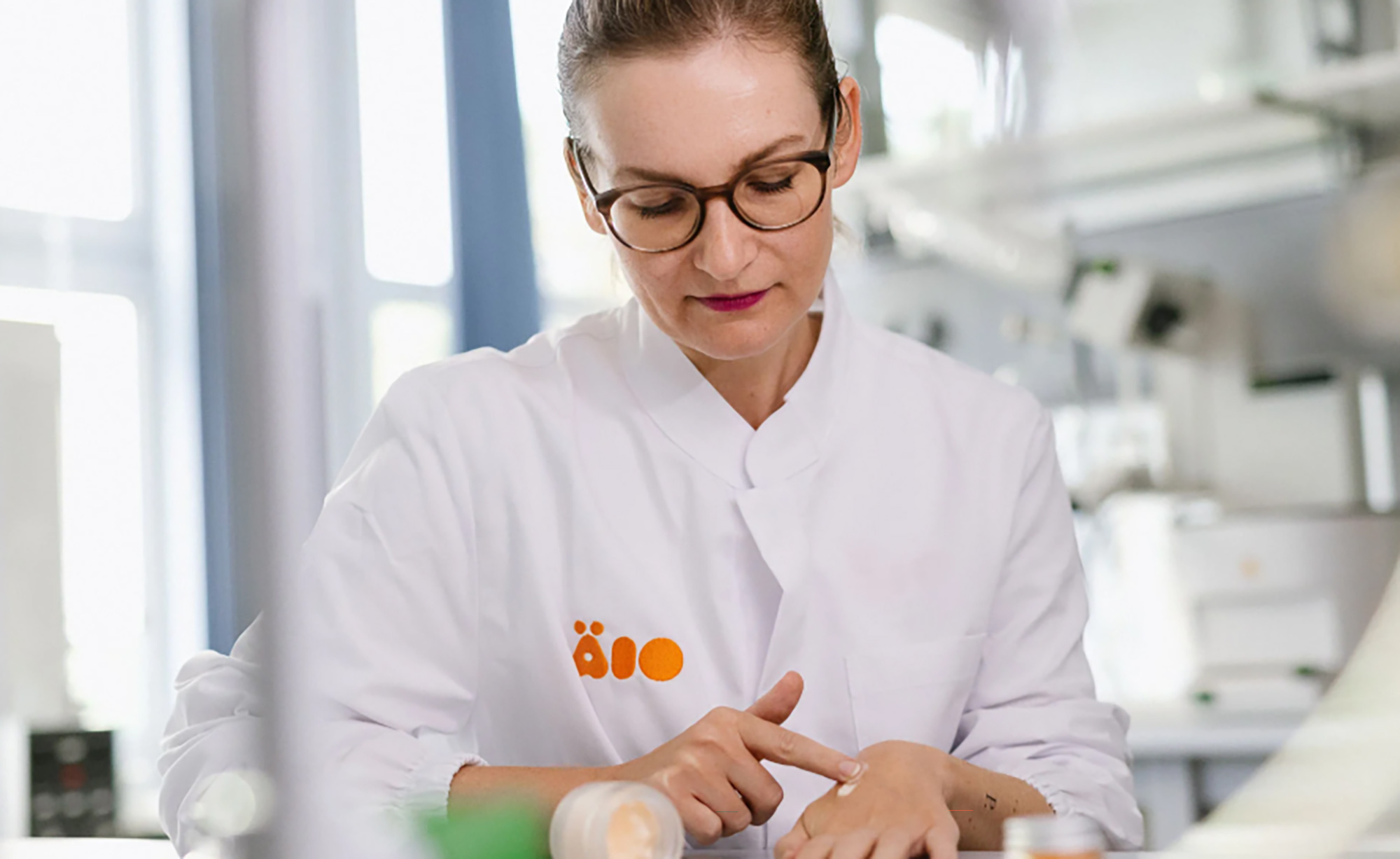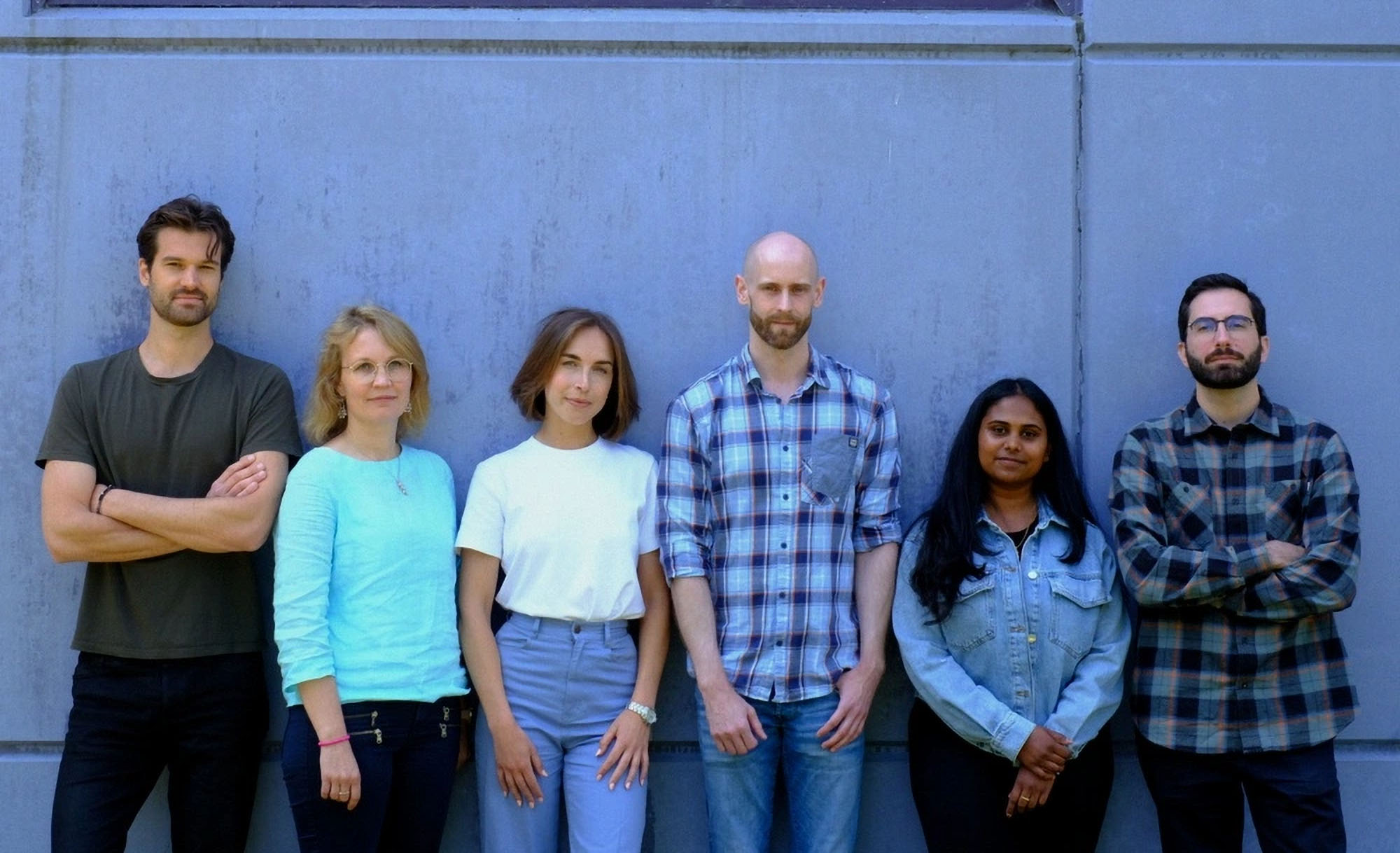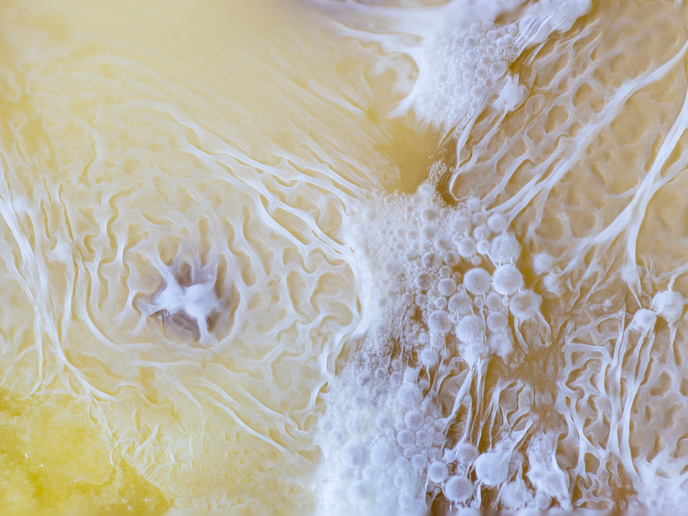

ÄIO lands €1 million grant to develop sustainable cosmetic oils using yeast fermentation
Estonian biotech company ÄIO has secured €1 million (approximately US$1.09 million) in public funding to accelerate development of its yeast-derived oils and fats aimed at replacing unsustainable ingredients in the cosmetics and chemical sectors.
The grant, awarded through the Estonian Business and Innovation Agency’s Applied Research Programme (RUP), will support a three-year R&D project focused on microbial fermentation-derived lipids for use in personal care formulations. The total budget for the initiative is projected at €1.8 million (US$1.96 million).
“This grant represents more than funding, it’s validation from the Estonian government that our technology can fundamentally reshape how cosmetics ingredients are produced,” said ÄIO’s Co-founder and CEO Nemailla Bonturi. “We’re now ready to show we can scale that impact on the international stage, bringing smarter, more sustainable ingredient alternatives to an industry that touches the everyday lives of all of us.”
Founded in 2022 as a spin-off from Tallinn University of Technology (TalTech), ÄIO converts industrial side streams into high-value fats and oils using biomass and precision fermentation. The process, according to the company, uses 97% less land and 90% less water than conventional palm oil production, offering a more sustainable pathway for formulating personal care products.
ÄIO’s technology directly targets mounting concerns around traditional oils used in cosmetics – particularly palm oil, coconut oil, animal fats, and petroleum-based mineral oils. As regulations tighten and consumer expectations evolve, beauty and personal care companies are under increasing pressure to reformulate with cleaner, traceable, and environmentally responsible ingredients.
“We actively support the development of Estonian innovations that have clear potential to become globally competitive products with high added value and impact on pressing worldwide challenges,” said Ene Viiard, R&D Expert at the EIS Applied Research Programme. “In ÄIO, we see an exceptional team with the scientific knowledge and disruptive attitude that proves that even from a small country like Estonia, it is possible to produce and scale world-changing innovations.”
The timing of the funding is particularly relevant given new EU legislation targeting deforestation, which will affect palm oil imports and create further demand for sustainable and transparent alternatives. Yeast-based lipids such as ÄIO’s offer superior traceability and consistency, independent of agricultural volatility or geopolitical risk.
“The cosmetics industry is at a turning point,” said Magdalena Koziol, Head of Cosmetics Development at ÄIO. “Beauty brands of all sizes now realize that sustainability isn’t just a nice-to-have, it’s an essential requirement driven by increasing customer demand.”
Koziol noted that until recently, many companies hesitated to adopt sustainable ingredients due to concerns over cost or performance. But through continued R&D and testing, ÄIO aims to prove that fermentation-derived fats can compete on both fronts.
The company’s ingredients are suitable for a broad range of applications, from everyday soap to serums, moisturizers, and color cosmetics. Their bioactive properties and skin compatibility also make them a viable alternative to petroleum-derived mineral oils, which are facing growing scrutiny due to environmental and health concerns.
The cosmetics sector has seen increasing regulatory pressure, particularly around microplastics and potentially hazardous compounds like PFAS. Fermentation-derived ingredients offer a clean-label solution that aligns with both consumer expectations and future compliance requirements.
ÄIO is already in active discussions with cosmetic manufacturers and has begun sending out product samples. It plans to raise further capital by the end of Q3 2026 to scale production and meet growing demand.
“We’re seeing unprecedented interest from manufacturers that realize sustainable sourcing is no longer optional,” Koziol added. “We’re ready to continue scaling up our efforts and are actively seeking partners to join our mission to create real change in the industry. The question isn’t whether the industry will transition to alternative ingredients, but how quickly, and the time to start is now.”
Market data suggests that demand for alternative fats is set to grow steadily, with a projected annual growth rate of 6% and an estimated global market value of US$4.5 billion by 2032. ÄIO’s positioning in the cosmetics sector, coupled with its low-footprint fermentation platform, puts it in a strong position to capture interest from both legacy beauty giants and emerging indie brands.
If you have any questions or would like to get in touch with us, please email info@futureofproteinproduction.com






